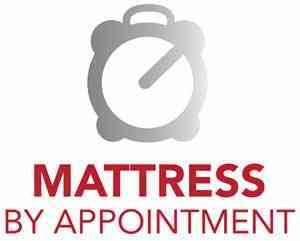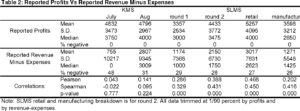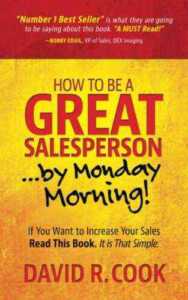If you are looking for a business with a large and potential market, the sale of clothing in its multiple lines is surely an excellent option to consider.
The possibilities are limitless and many of them do not require a large capital to start, which is a great attraction for those who want to start their own business marketing clothes.
First of all, you don’t need to know the whole business 100%. Remember that a basic business principle is partnering with the right people. If you have the initiative, some capital and a lot of desire but you lack knowledge, look for an associate who can complement you in this objective.
On the contrary, if you know the business, have experience but lack administrative, business or sales knowledge, look for someone who is an expert in those areas.
Don’t make the mistake of pretending to do everything. That is probably the perfect formula for failure.
First Step in Shaping the Business Idea
More than just defining a clothing line, the first and most important thing is to choose your business model.
This has to do with what do you want to do? and how are you going to do it?
Defining a business model has to do with establishing the path to the success of your venture.
In this sense, you must evaluate and choose some of the following commercial alternatives:
- To make clothes
- Marketing clothing
- Import of clothing
- Sell clothing to retail with your own physical store
- Sell wholesale clothing to other distributors
- Acquire a clothing franchise
- Online clothing store
Once you are clear about the business model to follow, you should continue to plan everything that is needed for the operation and operation based on the chosen model.
In some cases you will have to create your own brand. Assuming you decide to make your own clothes. And in other cases it is not necessary because the manufacturer will be the one to do it.
Second Step, Business Planning
The second phase is planning. In this it is very important to be very detailed and consider all the fundamental aspects of the business assembly.
Again you do not need to do everything alone because there will be topics in which you are an expert and others in which it is essential to consult a professional.
In this phase you must define topics such as:
- Rent of a local or warehouse as the case may be
- Acquisition of furniture, equipment and machinery
- Decoration themes
- Packaging logistics
- Shipping logistics
- Define clothing suppliers
- Initial investment
- Obtaining working capital
- Business legalization
- Marketing and sales strategy
- Accounting issues
- Other production specifics
As mentioned above, it is always advisable to seek the advice of a lawyer, an accountant, and other experts in their own fields to help you develop an excellent business plan.
The better your plan is described, the lower the risk and therefore your chances of success increase.
20 Ideas To Open A Clothing Sales Business
If you still lack some ideas about which commercial line to choose, here I share some interesting ideas of specific lines that with a good dose of creativity and innovation will surely bring you enormous satisfaction:
- Women’s clothes
- Men’s suits
- Sportswear
- Clothes for kids
- Baby clothes
- Wedding dresses
- Lingerie
- Pet clothing
- Plus size clothing
- Sale of second-hand clothes
- Costume making
- White or bedding
- Swimwear
- Night dresses
- Maternity clothes
- Sale of caps
- T-shirts and Tshirts
- Footwear
- Work uniforms
- Repair and darning
As you can see, the options to start this business are very wide and I hope this guide will help you to take that first step in planning your company.
Finally, the clothing sales business is very well matched to sell other complementary products such as jewelry, footwear and perfumery, so making them part of your product catalog is an excellent idea to sell more and better.
Finally, as in any business, remember that creativity, good taste and formality at work are determining factors of success.










![5 Ways To Get Initial Business Capital [actualizado] 5 Ways To Get Initial Business Capital [actualizado]](https://businessguarantor.com/wp-content/uploads/2021/03/5-ways-to-get-initial-business-capital-actualizado.jpg)














